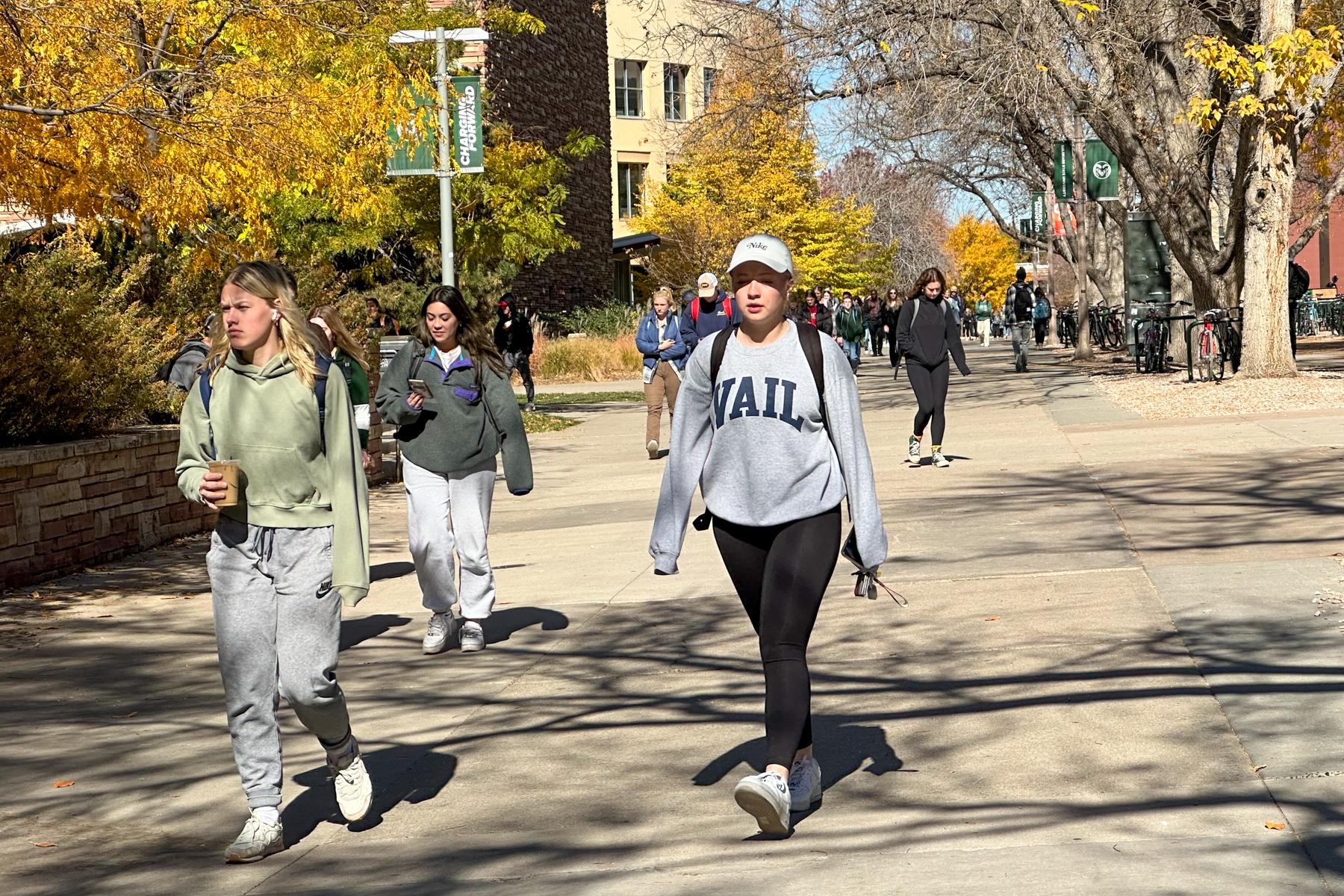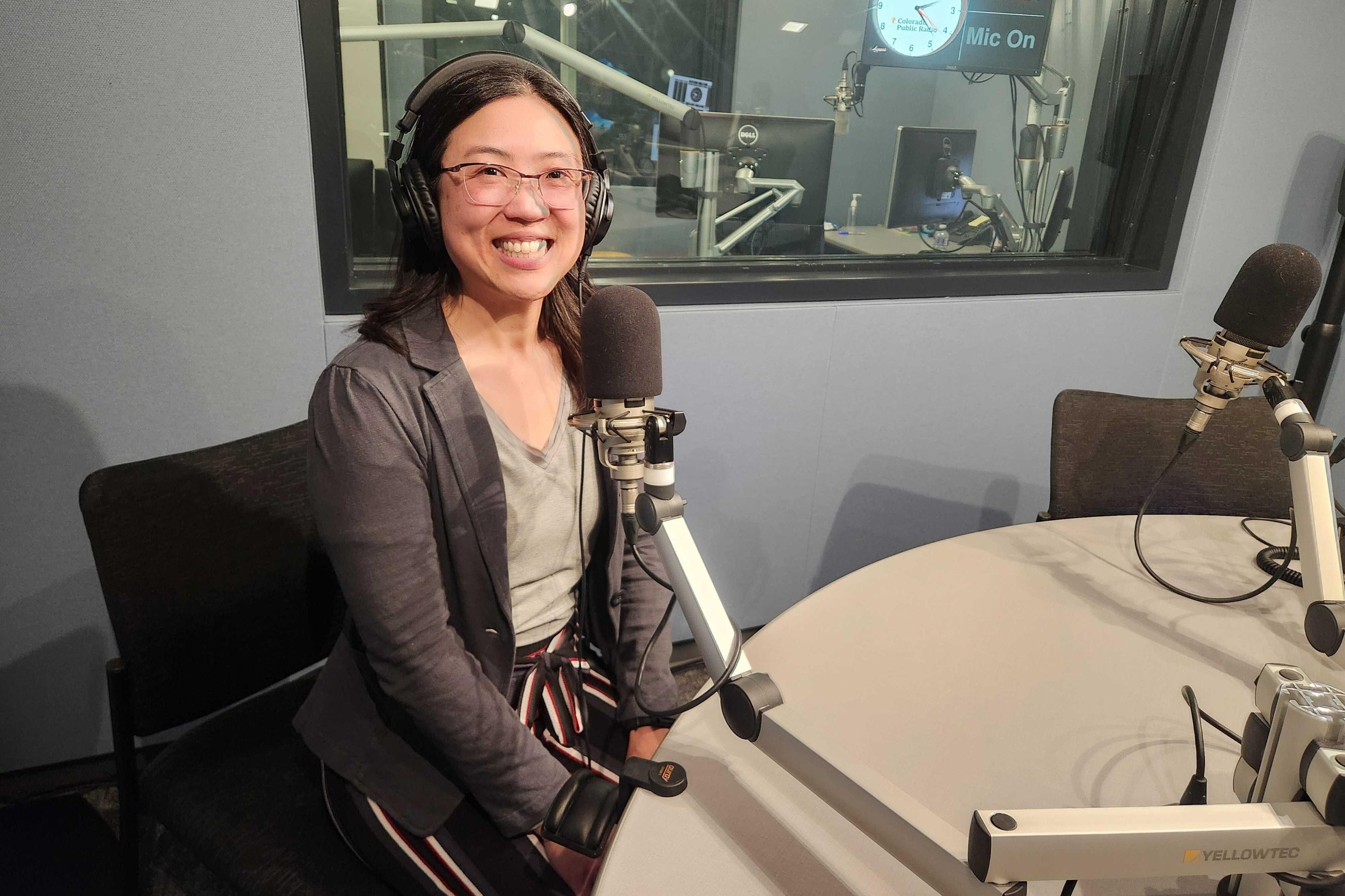
Colorado lawmakers have just two days to approve a bill that would create a refundable state income tax credit to incentivize lower-income high school students to enroll in college.
Under HB 24-1340, eligible students would get a refund from the state to cover the cost of the first two years of college.
In order to qualify, students would have to prove they:
- Enroll in a public college or university within two years of their graduation from a Colorado high school or equivalent program.
- Come from a household with an adjusted gross income of $90,000 or less — that includes if they live with their parents, or a guardian, or are financially independent.
- Qualify for in-state tuition.
- Take at least six credit hours or equivalent for the semester or term for which they are claiming the credit.
- Have a grade point average of 2.5 or higher for the semester or term for which they are claiming the credit.
The credit would cover any gap between what a student pays in tuition and fees and what they’re already getting in scholarships and grants. According to the legislation’s fiscal note, the credit is expected to average $2,700 for students at four-year colleges, $2,000 for students at technical colleges, and $1,000 for students at two-year colleges.
Fiscal analysts estimate the credit will cost the state around $38 million a year, which will come out of the TABOR refunds paid to all taxpayers.
Lawmakers said they introduced the bill due to declining in-state student enrollment, with many Coloradans opting instead to pursue college degrees elsewhere. That’s concerning to the state’s higher education leaders, as students who leave Colorado are unlikely to return to join the state’s workforce.
“We need to make sure that the doors of opportunity remain open for people for so long as they're able and willing to invest in themselves,” Democratic Rep. Shannon Bird said during the bill’s House Education Committee hearing in April. “And not only are there benefits that accrue to the individual, but we know that our state needs an educated workforce.”
The bipartisan bill is one of hundreds of state lawmakers are weighing in the closing days of the 2024 session. The bill passed through the House last week and is now in the Senate.








